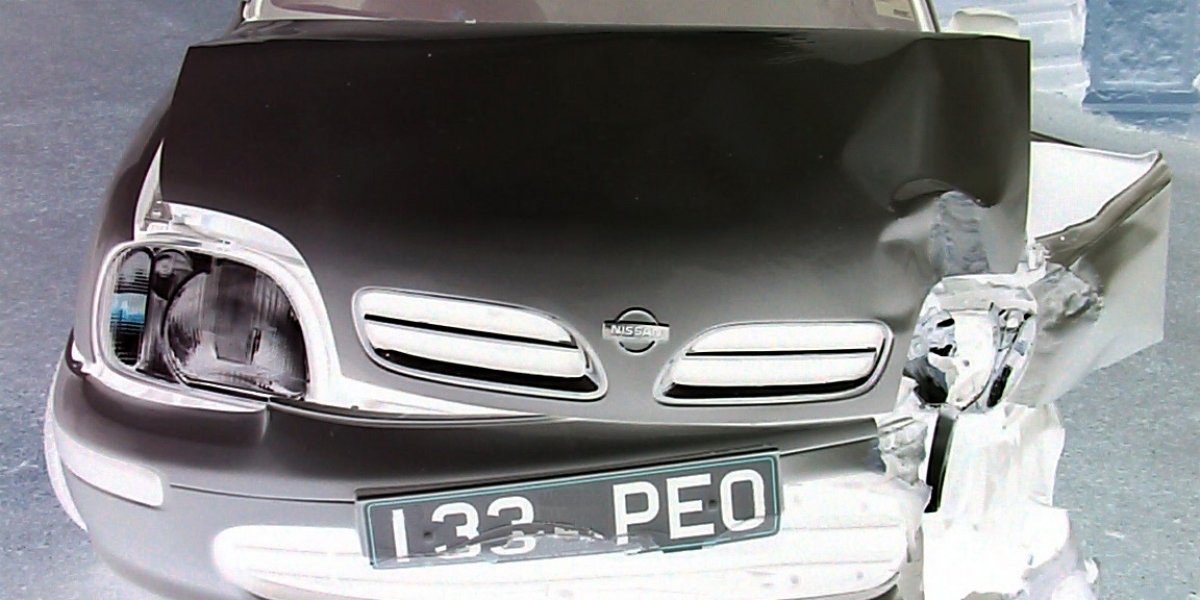When it comes to choosing the right fasteners for industrial, commercial, or construction use, SS 304L Fasteners are among the most trusted and widely used options. Known for their exceptional corrosion resistance, strength, and versatility, these fasteners are a preferred choice in industries such as oil and gas, chemical processing, marine, and food manufacturing.
In this blog, we’ll explore everything you need to know about SS 304L Fasteners — from their composition and properties to their advantages, applications, and why they remain a standard in stainless steel fastening solutions.
What Are SS 304L Fasteners?
SS 304L Fasteners are components made from Stainless Steel 304L, a low-carbon version of the popular SS 304 grade. The “L” in 304L stands for low carbon content (maximum 0.03%), which minimizes carbide precipitation during welding and enhances corrosion resistance in welded conditions.
These fasteners include a wide variety of types such as:
Bolts
Nuts
Screws
Studs
Washers
Threaded rods
Socket head cap screws
The SS 304L material ensures these fasteners can withstand harsh environments and high temperatures while maintaining mechanical strength and durability.
Chemical Composition of SS 304L Fasteners
The chemical balance in SS 304L is key to its performance. Its main alloying elements are chromium and nickel, which provide excellent resistance to oxidation and corrosion.
| Element | Composition (%) |
|---|---|
| Carbon (C) | ≤ 0.03 |
| Chromium (Cr) | 18.0 – 20.0 |
| Nickel (Ni) | 8.0 – 12.0 |
| Manganese (Mn) | ≤ 2.00 |
| Silicon (Si) | ≤ 1.00 |
| Phosphorus (P) | ≤ 0.045 |
| Sulfur (S) | ≤ 0.03 |
| Iron (Fe) | Balance |
This composition makes SS 304L Fasteners ideal for use in environments that demand both strength and resistance to rust, acids, and chemical corrosion.
Mechanical Properties of SS 304L Fasteners
| Property | Metric Value |
|---|---|
| Tensile Strength | 485 MPa (min) |
| Yield Strength | 170 MPa (min) |
| Elongation | 40% (min) |
| Hardness (Brinell) | 170 HB (max) |
| Melting Point | 1400–1450°C |
These mechanical properties ensure that SS 304L fasteners maintain reliability even under mechanical stress, vibration, or exposure to fluctuating temperatures.
Key Features of SS 304L Fasteners
1. Excellent Corrosion Resistance
The chromium content forms a passive oxide layer on the surface, protecting the metal from oxidation, rust, and chemical attack. This makes SS 304L suitable for marine, chemical, and food industries.
2. Weldability
With its low carbon content, SS 304L can be easily welded without the risk of carbide precipitation, ensuring high joint integrity.
3. High Strength and Durability
These fasteners maintain strength and ductility even under extreme temperatures, making them reliable for both cryogenic and high-heat applications.
4. Non-Magnetic in Annealed Condition
Although slightly magnetic after cold working, SS 304L fasteners are typically non-magnetic — ideal for sensitive applications where magnetism must be minimized.
5. Hygienic and Easy to Clean
Because of their smooth finish and non-reactive surface, SS 304L fasteners are widely used in industries that demand hygiene, such as pharmaceuticals, food processing, and healthcare.
6. Resistance to Intergranular Corrosion
The reduced carbon content prevents carbide precipitation during welding, protecting the metal structure from intergranular corrosion.
Types of SS 304L Fasteners
SS 304L is used to manufacture a variety of fasteners for diverse applications. Common types include:
SS 304L Hex Bolts and Nuts – Used in machinery and structural assemblies.
SS 304L Stud Bolts – Perfect for pipelines, valves, and flanges.
SS 304L Washers – Provide even load distribution in bolted connections.
SS 304L Screws and Socket Head Screws – Used in mechanical and fabrication works.
SS 304L Threaded Rods – Used in supports, hangers, and anchor bolts.
Each fastener type is available in multiple sizes, thread forms (UNC, UNF, Metric), and finishes to match various industrial standards.
Standards and Specifications
SS 304L Fasteners are manufactured according to globally recognized standards to ensure quality and compatibility:
ASTM A193 / A194 – For high-temperature and pressure applications.
ASTM F593 / F594 – For general corrosion-resistant stainless steel bolts, nuts, and studs.
DIN, ISO, BS, and ANSI – International dimensional and performance standards.
Equivalent Material Grades:
UNS S30403
WNR 1.4306 / 1.4307
JIS SUS 304L
EN X2CrNi18-9
Applications of SS 304L Fasteners
Due to their corrosion resistance, strength, and cost-effectiveness, SS 304L fasteners are used in a wide range of industries, including:
1. Chemical and Petrochemical Industries
Used in chemical processing plants and storage tanks where resistance to acid and chloride corrosion is vital.
2. Food and Beverage Industry
Ideal for equipment and piping where hygiene and corrosion resistance are essential.
3. Oil Gas Industry
Used in refineries, pipelines, and offshore applications where exposure to moisture and salt is common.
4. Marine Applications
Highly resistant to saltwater and moisture, making them suitable for shipbuilding and offshore structures.
5. Pharmaceutical Equipment
Ensures a clean, contamination-free environment in manufacturing and laboratory setups.
6. Power Generation
Used in heat exchangers, boilers, and turbines where high temperatures and pressures are present.
7. Construction and Infrastructure
Commonly used in modern architecture for strength, durability, and corrosion resistance.
Advantages of Using SS 304L Fasteners
Long-lasting durability and performance.
Suitable for both high- and low-temperature conditions.
Low maintenance due to corrosion-resistant surface.
Aesthetic appearance with a bright, smooth finish.
High resistance to oxidation and stress corrosion cracking.
Versatile and compatible with numerous industry standards.
Comparison: SS 304L vs. SS 316 Fasteners
| Property | SS 304L | SS 316 |
|---|---|---|
| Molybdenum Content | None | 2–3% |
| Corrosion Resistance | Excellent | Superior, especially against chlorides |
| Cost | Lower | Slightly higher |
| Common Uses | General-purpose | Marine and chemical environments |
While SS 316 offers better resistance to chlorides, SS 304L fasteners remain a more economical and highly effective choice for most industrial applications.
Why Choose SS 304L Fasteners?
If your goal is to achieve long-term reliability, excellent corrosion protection, and high mechanical strength — all at an affordable cost — SS 304L fasteners are the right choice.
They are suitable for almost every environment, easy to fabricate, and maintain their performance even under demanding conditions. Whether you’re building pipelines, machinery, or industrial systems, these fasteners deliver consistency and peace of mind.
Conclusion
SS 304L Fasteners combine durability, strength, and corrosion resistance in one affordable package. Their low-carbon composition makes them ideal for welding and fabrication, while their mechanical properties ensure reliability in various applications — from construction to marine engineering.
If you’re looking for fasteners that perform exceptionally well under both high pressure and corrosive environments, SS 304L Fasteners are an excellent choice. They’re not only built to last but also to ensure your projects remain safe, efficient, and maintenance-free for years to come.







